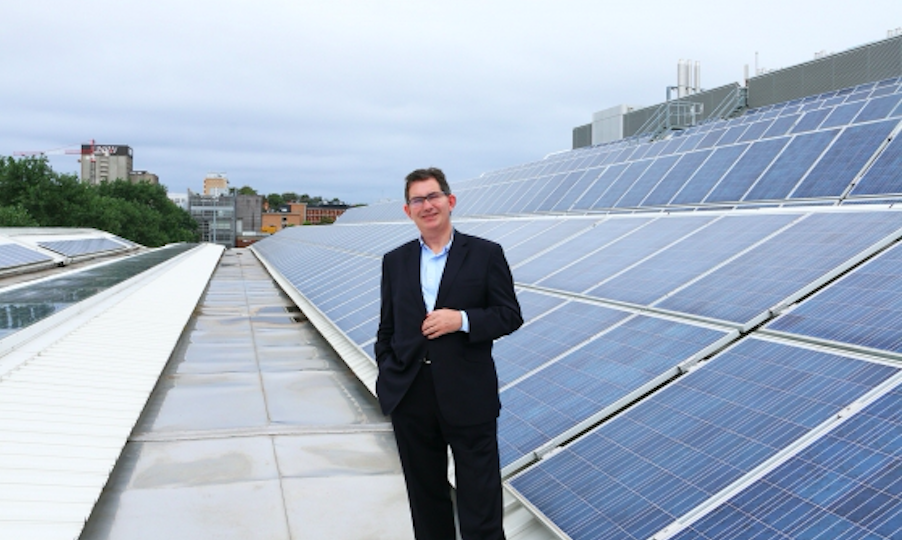The University of New South Wales, home to the ARC Centre for Climate Extremes, the ARC Research Hub for Integrated Energy Storage Solutions, the Digital Grid Futures Institute and the UNSW School of Photovoltaic Renewable Energy Engineering (SPREE), announced plans to divest itself from fossil fuels by 2025.
The abstention applies both to direct ownership or any other sundry funds (including public equities and corporate bonds of companies whose primary business is in the ownership and exploitation of fossil fuel reserves).
President and Vice-Chancellor, Professor Ian Jacobs, said UNSW’s divestment of fossil fuel assets in its investment portfolio supports its net-zero emissions goal, in line with the Paris Agreement commitment to limit global warming to 1.5°C.
UNSW is not dawdling in its commitment. This year the university should switch to 100% renewable electricity and its buildings will be greenhouse gas emissions-free. The foundation of this transition is a 15-year power purchase agreement (PPA) from the 200 MW Sunraysia Solar Farm in the Riverina region of NSW.
““Our divestment decision is a clear statement of UNSW’s responsible investment intent and the continuation of our long and impressive journey on climate action,” said Jacobs. “It is worth remembering that more than 30 years ago, the solar cell technology which powers 50% of solar panels around the world was developed right here at UNSW.”
According to the Institute for Energy Economics & Financial Analysis (IEEFA), capital flight from the fossil fuel industry is accelerating. In January 2020, the investment firm BlackRock announced its divestment from thermal coal, a big move from a company with US$7 trillion in assets under management. In total, 116 globally significant banks and insurers have begun to institute fossil fuel divestment policies to bring themselves more into alignment with the Paris Agreement.
“We owe it to UNSW’s pioneering researchers to carry on their fine legacy,” said Jacobs.
This content is protected by copyright and may not be reused. If you want to cooperate with us and would like to reuse some of our content, please contact: editors@pv-magazine.com.









1 comment
By submitting this form you agree to pv magazine using your data for the purposes of publishing your comment.
Your personal data will only be disclosed or otherwise transmitted to third parties for the purposes of spam filtering or if this is necessary for technical maintenance of the website. Any other transfer to third parties will not take place unless this is justified on the basis of applicable data protection regulations or if pv magazine is legally obliged to do so.
You may revoke this consent at any time with effect for the future, in which case your personal data will be deleted immediately. Otherwise, your data will be deleted if pv magazine has processed your request or the purpose of data storage is fulfilled.
Further information on data privacy can be found in our Data Protection Policy.